Kyo Maclear, author of Birds Art Life Death, spoke to two young women in her life aged 15 and 16 about what it means to be a feminist today, and what is hoped to be different in the future. The responses from both Tillie and Rabia are hugely insightful. Read on, and be inspired by these young women.
The Future is Feminist
by Kyo Maclear
Tillie, 15, plays hardball. During warm up, she arranges the ball in her glove, corking it into her palm. There’s some backswing and weight transfer and then a supersonic, high-octane, Marvel Comics swoosh as she drops her wrist in the follow through and the ball shoots through the air. Unlike me, Tillie does not regard baseball as a perilous activity where blissful moments of cloud watching are interrupted by sudden outbreaks of unfathomable anxiety, and people yelling and pointing at you.
Tillie is my best friend’s daughter. She is an elite athlete (baseball, hockey) and plays on all-boys teams. She is whip smart; I’d wager on her winning any debate. The last essay she wrote for school was on the subject of “systemic racism and the police”. (“One explosive issue at the controversial centre of race and policing is carding, also known as street checks.”) She is openly feminist.
It’s not always easy being so open, so outspoken. Many of her peers view feminists as crazy. They say feminists are “women trying to take over the world and that they hate men.” Tillie would really like to see that change. She would also like to see a change in the way society sees feminism. She tells me: “I hope that society will begin to see it as more of a movement for equality rather than a fight over power.”
I ask Tillie how she responds to individuals who are openly ‘not feminist’ and she says she’s used to it. It’s the norm. “I play sports with teenage boys and 99% of them would say they are not feminists. I believe this is mainly because they are so insecure with their manliness and feel as though saying they are feminists would threaten that. I often react by saying that if they believe women and men should have equal rights they are a feminist and leave it at that.”
—————————————
Rabia, 16, plays the double bass. She bows straight with vibrato and gets a beautiful full tone. I love watching her perform. The best thing is her smile. Even when the piece is challenging, there’s this quiet smile—directed inward—mental and physical effort be damned.
Rabia has been dating my son for two years. She is the only female bass player of eight bassists at their specialized arts high school. Despite her passion for music, she plans to study engineering in university with a focus on addressing climate change. She has far exceeded any hope my own immigrant parents would have set for me but she doesn’t seem motored by external approval. Naturally she feels the heft of familial expectations but she has somehow retained herself, retained her ability to know what she wants, retained her own drive. She identifies as a Muslim activist and feminist.
Last year, in the aftermath of the Las Vegas mass shooting and Trump’s proposed Anti-Muslim Travel Ban, Rabia spearheaded a poster campaign to address the stigma and racism faced by members of the Muslim community. The posters featured faces of white (so-called ‘lone wolf’) gunmen captioned with the words: “Terrorism has no race.”
When I ask her to answer a question posed to me—What do you hope is different for the women in your family in 50 years’ time?—her reply comes swiftly: “In fifty years, I hope the women in my family who live in South Asia and the Middle East will be just as privileged (if not more) than I am today. More specifically, they will be free to and not to marry whomever they choose. They will be empowered, and they will use their power to empower others.”
Feminism and equality are synonymous in Rabia’s view. Asked how she responds to peers who vocally reject feminism, she says: “I tell them they’re sexist. If you’re not feminist, if you’re not supporting gender equality, you are sexist. Or at the very least, your ignorance propagates sexist systems.”
These two young women, Tillie and Rabia, born in the early 2000s have supernova courage and huge imaginations. They have the audacity to picture the world they want. It’s not enough to just stop things from getting worse—a dismally low standard. They want to help reset the world in another, whole, direction. They inspire me endlessly.
Read empowering pieces from Elizabeth Day, Angela Saini, Eleanor Wasserberg, Elizabeth Church, Laline Paull and Rachel Edwards.
Subscribe to the 4th Estate podcast.
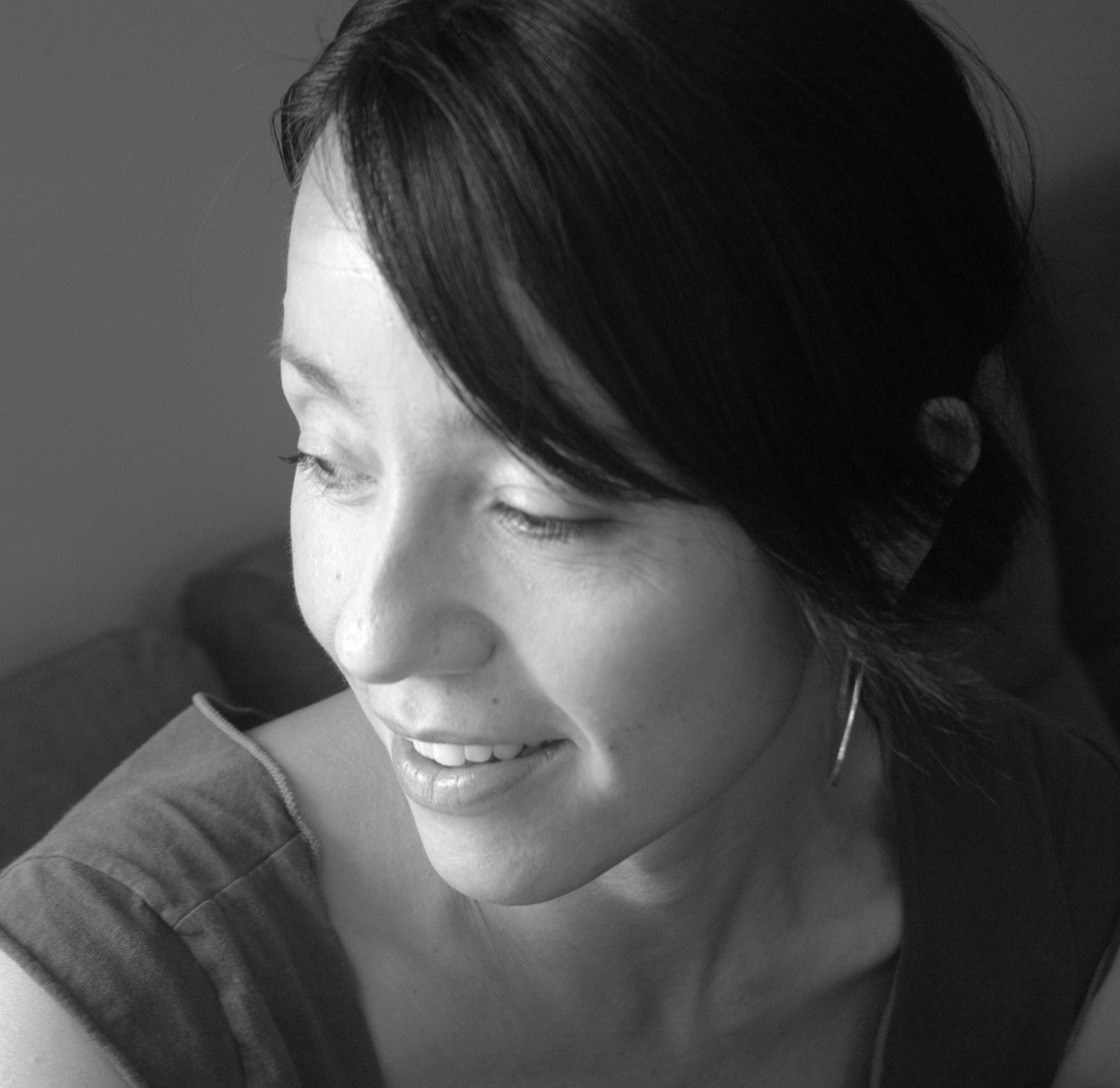
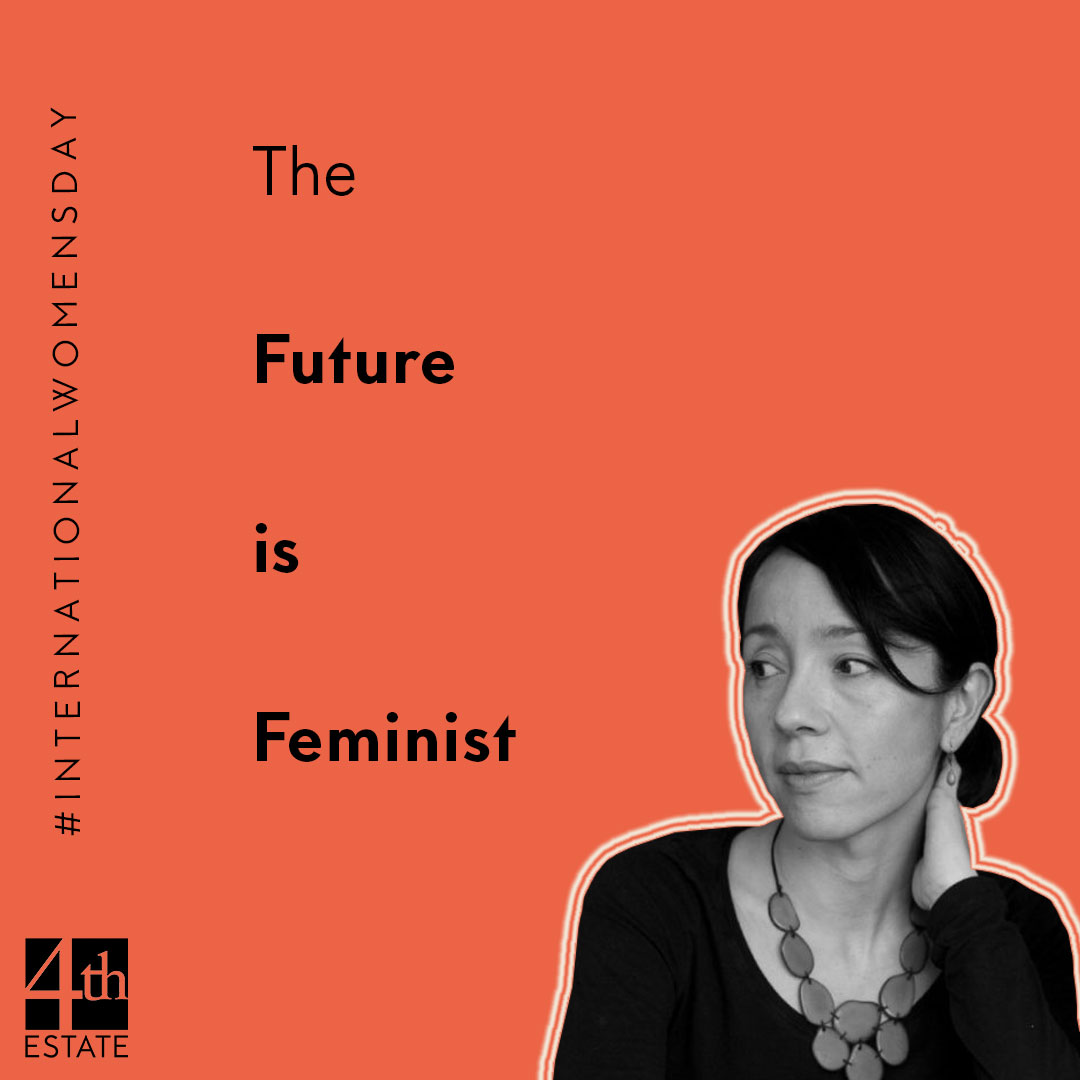


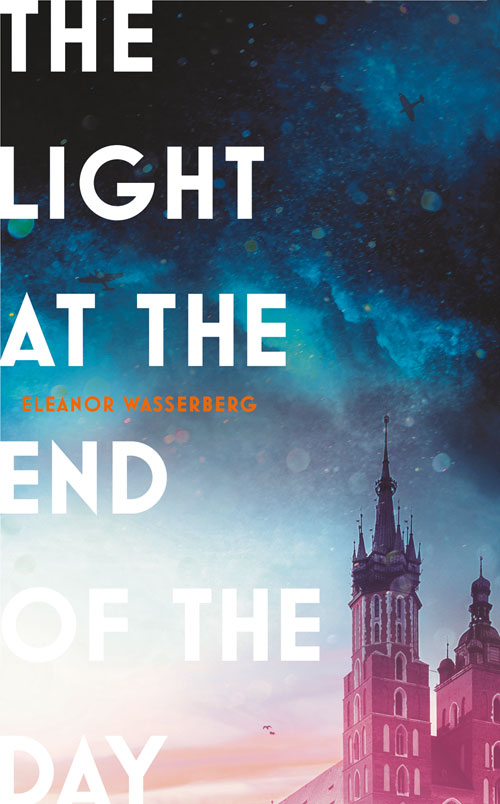
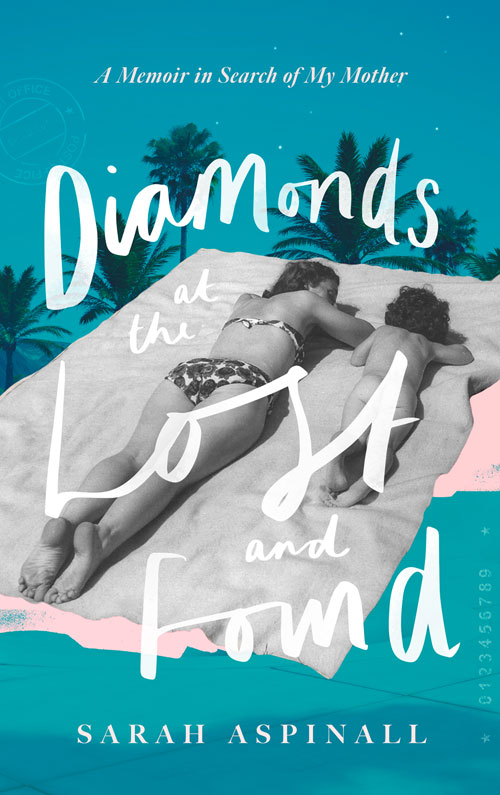
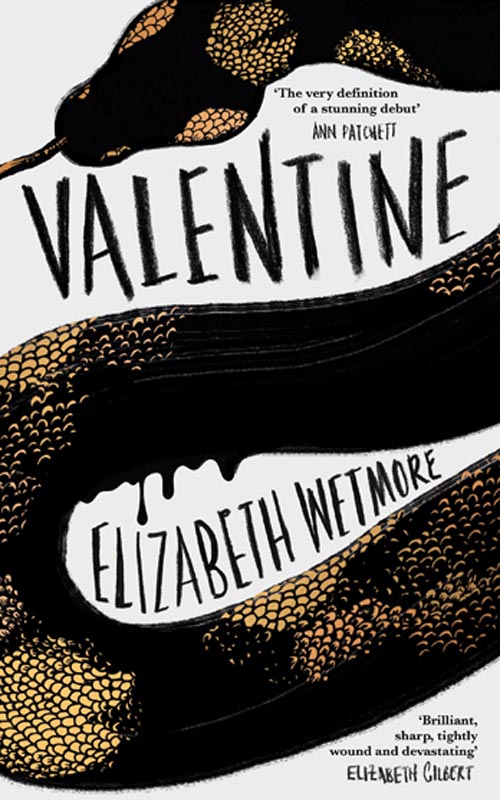
4thestatebooks